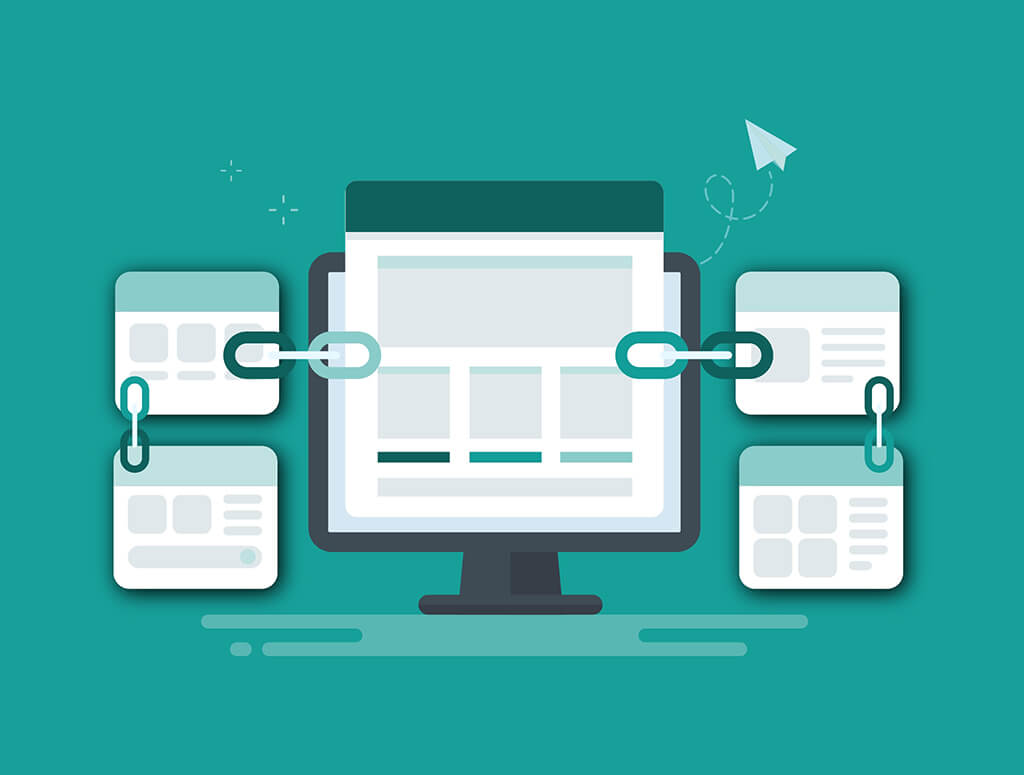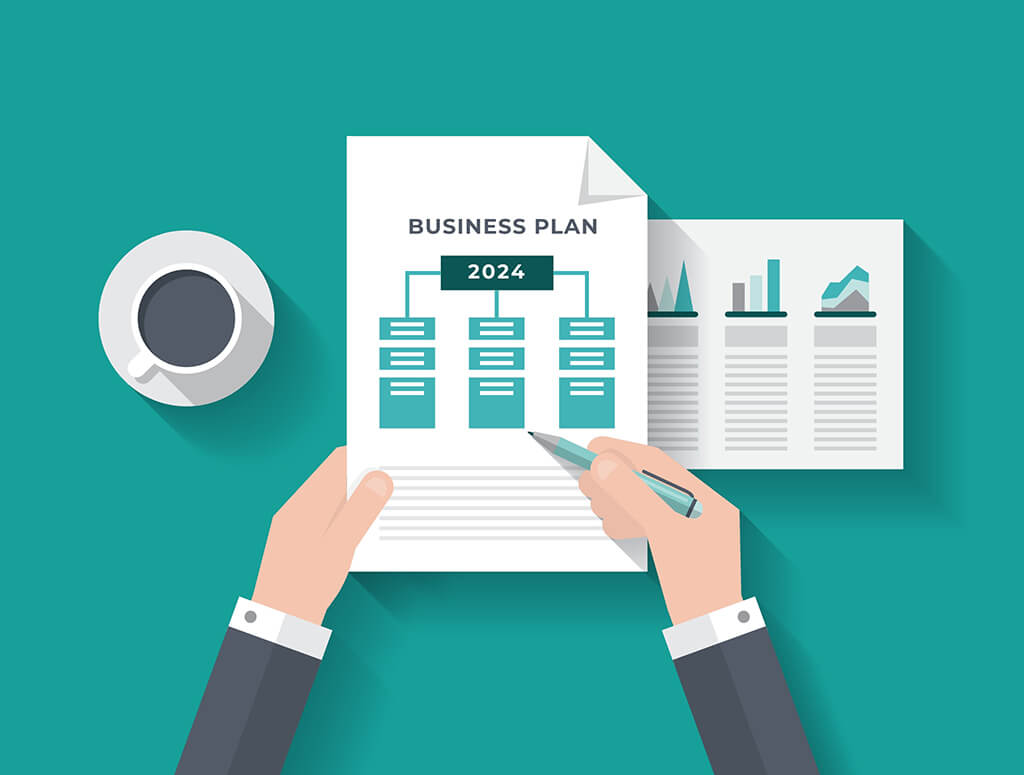In the vast realm of digital marketing where search engines reign supreme, one factor stands as a crucial linchpin for success, namely SEO and SEO links. We explain the two types of SEO links and their benefits, as well as how to get them. We’ll even discuss one of the biggest and most SEO-costly mistakes you can make in this area. You’ll want to know this…
What is SEO?
Search Engine Optimisation (SEO) is an organic type of marketing to improve a website's ranking, and therefore its visibility, on search engines like Google. It involves various techniques, such as optimising website content, using relevant keywords and enhancing the website visitor’s experience.
The overarching goal of SEO is to attract more organic - non-paid - traffic to the website, increase its online presence and connect potential customers with businesses selling the products and services they’re looking for. In simple terms, SEO helps websites get found.
Want to crank up the visibility of your website? Speak to the WEBPRO SEO team for tailored support!
What are SEO links?
SEO links is one of the four main pillars of SEO, alongside website performance, website content and online reviews. SEO links can be divided into two sub-categories which are internal links and external links.
Internal links are the links you add within your website to other pages of the website. The links could be within a navigation bar on your homepage but they can also be within written content which links to service pages, etc. The other type of SEO link – an external link – is when another website links back to a page of your website which is why they’re also called backlinks. The link may take the internet user to your product or service page, or more often, an article you’ve published.
What are the benefits of SEO links?
SEO links contribute to the website’s overall SEO performance in different ways. Internal links are used to improve the website user’s experience, ensuring they can easily move to relevant pages without becoming frustrated, which would otherwise cause them to leave your website quickly.
If internal links don’t enhance the user experience, your website could have an increased bounce rate which is data on how quickly a visitor leaves your site without taking relevant action. Search engines recognise bounce rates and can rank the site lower as a result, meaning it's bad for SEO. In other words, internal links need to be methodical rather than for linking sake.
The benefit of external linking from one website to your website pages is different. Google uses external links to legitimise your website, especially if the links come from websites with high domain authority i.e. trusted websites and sources. If other websites are sending their visitors to your website, it’s understood that your website can provide real value to these users, which is why Google rewards these links and they contribute to better SEO performance.
How do you get SEO links?
Internal links are added to your website as part of the web development process by your web designer. They’re added into your website content independently or with the help of your website content writer, preferably a writer with SEO knowledge. These tasks should be completed with the user experience at the heart of every decision while also considering the sales funnel. For example, you don’t want to link to a relevant blog when a lead is close to enquiring or making a purchase.
There are two ways to get other websites to link to your website. You can either allow this to happen organically, or you can pay for them. And this is where people make a huge mistake…
Organic vs paid external links
If you create great content that is already generating traction and being ranked by search engines, other websites will take note. They may then choose to link to your website, specifically your blogs, when they feel relevant. It’s all about becoming an authoritative voice in your niche. This is the best way to generate links to your site and increase your reputation with the folks at Google.
The opposite is to pay for links back to your website which is often done through a service called guest blogging. For example, someone will write a blog on a website like Forbes and include a link back to your site when relevant. This can be expensive and it’s no longer worthwhile because Google can detect when backlinks have been paid for most of the time. If they suspect you’re paying for links, your website ranking will be negatively affected.
Recap: Links are crucial for SEO. Internal links improve user experience, while external links boost credibility. To get links, incorporate internal links during development, create quality content and earn organic recognition. Avoid paying for links as Google detects it, impacting rankings.
WEBPRO Knows
Research suggests that the top-ranking pages on Google results have a higher number of quality backlinks compared to lower-ranking pages.







